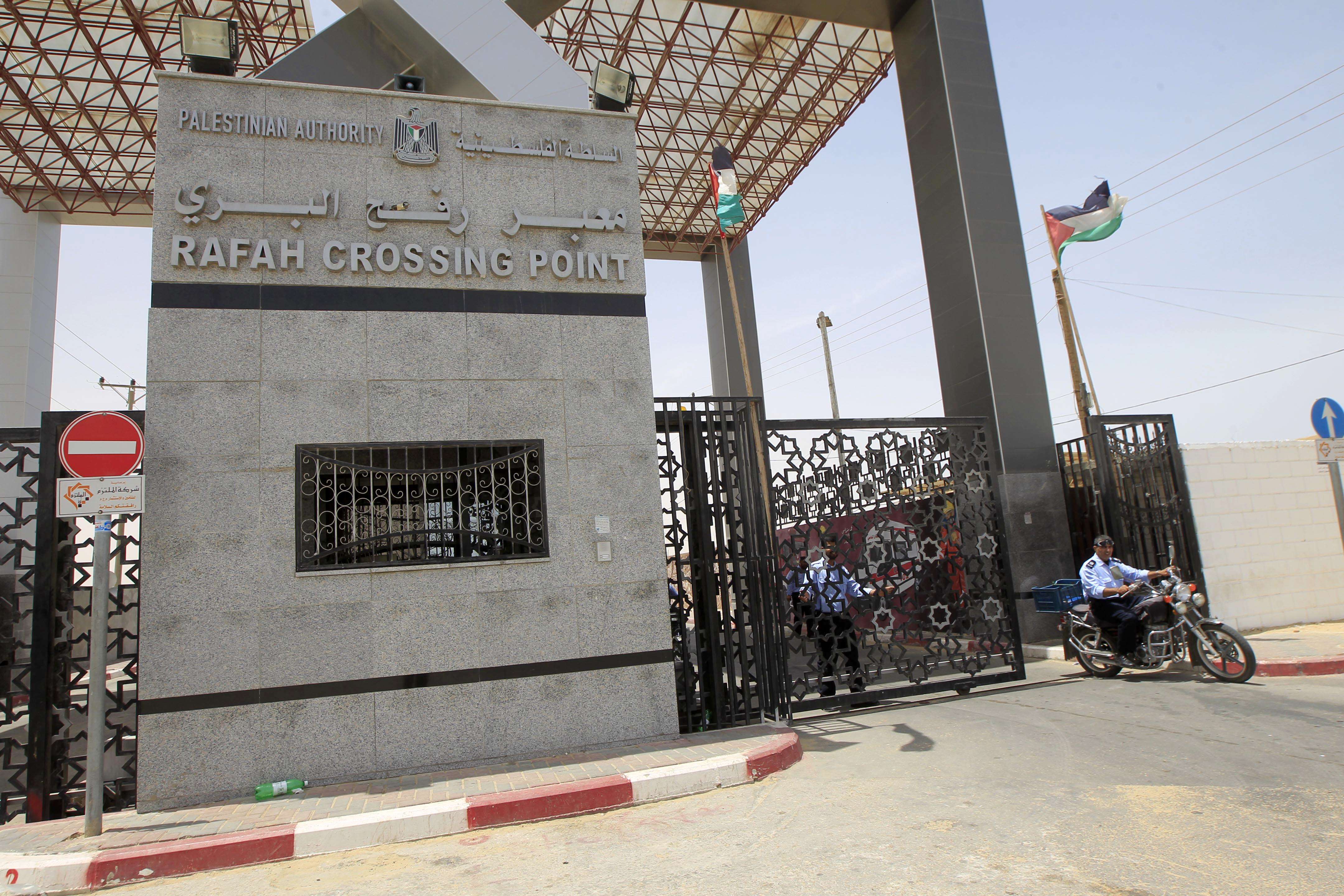CAIRO: Police officers armed with rifles and wearing medical masks stand guard outside the quarantined dormitory of the American University in Cairo in Zamalek, keeping pedestrians and gathered journalists at a distance from the building.
Just down the street, the residents of and employees at this upscale Cairo neighborhood are concerned about their quarantined neighbors. Seven cases have tested positive for the H1N1 virus this week at the dorm. Some are not merely concerned; panic would be a more suitable description.
Facemasks have become a regular sighting at the neighborhood, especially closer to the AUC dorm.
“In my opinion, people don’t really talk about it, said Tariq Abbas Halmi, sitting outside a building on Mara’ashly Street [the dorm is on its corner] with his son Mohamed. He dismissed the notion that people are concerned about the proximity of the virus.
Local barbershop owner Mohamed Rashed disagreed.
“This virus is terrible. It’s worrying because it’s so close to here, he said.
Mitwally, a doorkeeper at a nearby apartment building, shared a similar perspective. “Naturally, all of us are scared. People don’t even enter the street that that the dorm is located on, he said.
Many cited their concern that the infected students were able to enter the country.
In a June 8 press conference, AUC President David Arnold acknowledged that the first two cases reported in the dorms, were two students that arrived on May 28 and most likely brought the virus with them from the US.
“How did they leave the airport? asked Ibrahim El-Hamam, who works in a local convenience store.
Since the H1N1 outbreak, Egypt has been screening international airlines passengers. In addition to health questionnaires, airport authorities have employed thermal screening devices to spot passengers with flu-like temperatures.
This technology successfully identified the first confirmed H1N1 case in Egypt, a 12 year old Egyptian-American girl who was prevented from leaving the airport.
The new cases in the Zamalek dormitory demonstrate the limits of this technology. Since the H1N1 virus has an incubation period of seven to 10 days, it is possible for passengers carrying the virus to exhibit no symptoms upon arrival.
Leanne McKay, a Zamalek resident and expatriate who recently returned from a trip to the United States, was subjected to these procedures upon returning to Egypt.
She is unconcerned about the new cases in Zamalek, however. “The Egyptians have taken a peculiar approach to the pig flu, however it’s not something we’re particularly worried about here.
Many Egyptians viewed the recent cases as an American problem.
“This comes from outside of Egypt, from the foreigners, said Rashed. “The concern is that the Egyptian people will catch this virus from the Americans.
He was quick to add, however, that no one is angry at the Americans, and added that “I have many clients from the American University.


